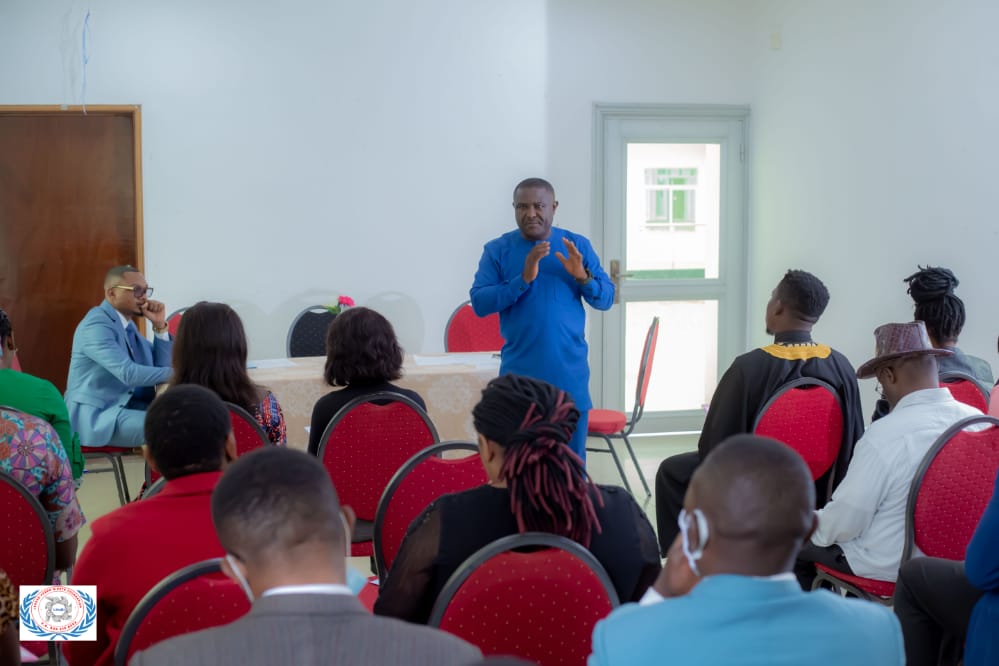By Andrew Nsoseka
About 50 journalists drawn from different areas and media organs from the Southwest region of Cameroon, were on Friday June 11, trained on best practices in conflict reporting. They were also trained on entrepreneurship, to help them seek alternative sources of income, in order to meet up with other financial obligations which cannot be cannot all be met by income from their jobs.
The journalists were trained by experts in the various areas which the training centred on. CRTV’s Henry Mekolle, drilled the media practitioners on practical reporting tools in times of crisis. He helped define the various concepts, their applicability, as well as the media laws that come into play in times of crisis. He outlined and cautioned journalists on how to avoid getting into legal trouble in the course of doing their jobs.
One of the trainers at the workshop, was the Divisional Officer, DO of Buea, Abba Abdouraman who schooled the journalists on entrepreneurship as an alternative source of income. The DO coached the media practitioners on how to identify the various entrepreneurial opportunities available to them, and how to make good use of it, in an economically profitable way. The DO while teaching media men and women ways to make alternative income, also stressed on the need for positive thinking. He urged the participants to be able to “brainwash” their selves to success. “Every day, stand guard at the door of your mind. Brainwash yourself to success” He said.
The Head of UB’s Journalism and Mass Communication Department, Dr Kingsly Ngange, also presented a talk on challenges and prospects of journalism as a social institution in Cameroon. He regretted that with the rise in citizen journalism, fuelled by the dwindling trust in the traditional media, the practice of journalism in falling, because every other person wants to be a journalist, and to tell the story in ways that they want to, often relegating any ethical rule of journalism, to the background.
Speaking after the event, the CEO of LHuRiF, Barrister Ewule Lyonga said he created the organisation to fight for the promotion of human rights in the society. In relation to the training of journalists, he said after defending several journalists to have them released from detention, he thought it wise to have them trained on ways to practice and avoid getting into any trouble that could end in them locked up. He said other trainings would be coming up, to help and better equip media practitioners for the challenges they face while doing their job, especially in times of crisis, like the Anglophone crisis.

2 comments
Your point of view caught my eye and was very interesting. Thanks. I have a question for you.
Your point of view caught my eye and was very interesting. Thanks. I have a question for you.